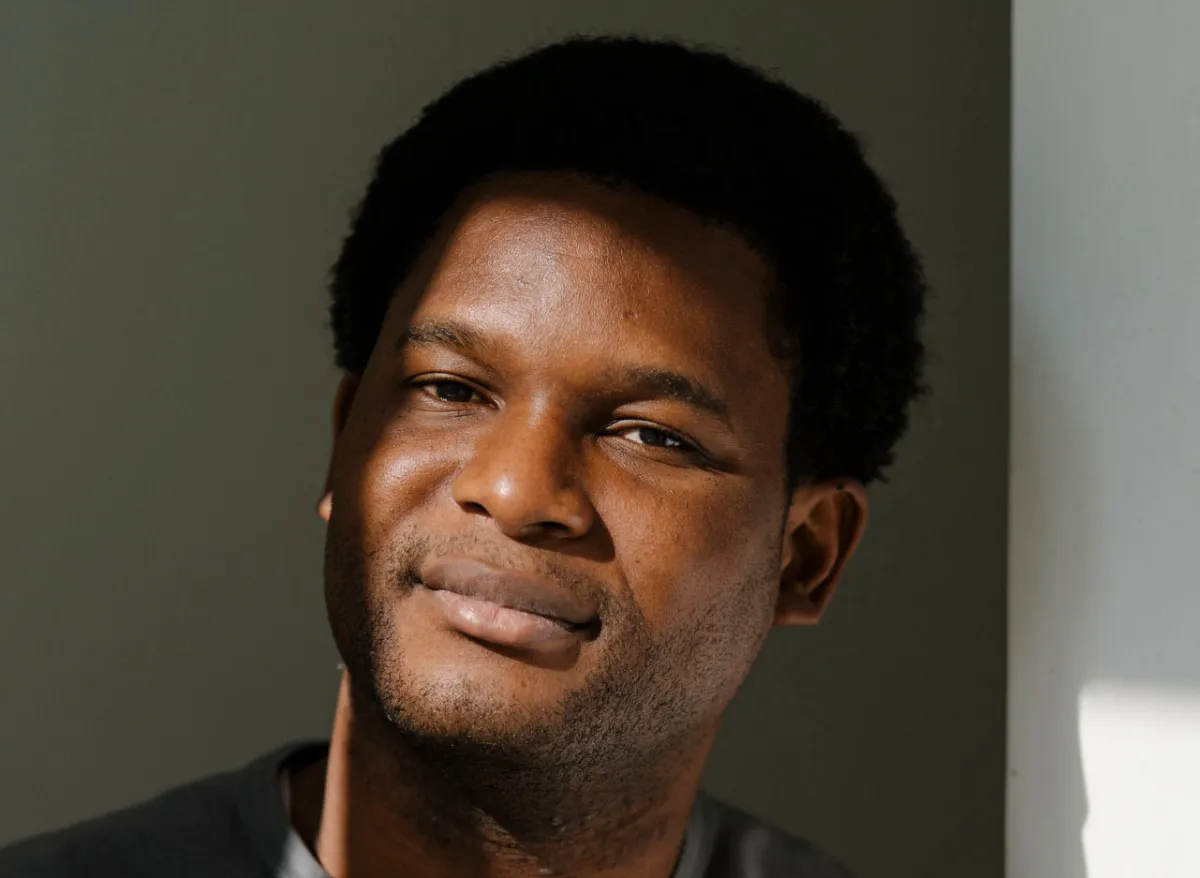Mechanisms of power

 JC Lattès
JC LattèsFann Attiki | Cave 72 | JC Lattès | 256 pages | 20 EUR
It's novels like these - sadly far too rare - that you would wish for almost every country: political and yet poetic, biting and brutal, yet tender and empathetic.
At any rate, this is how Fann Attiki's novel Cave 72 reads, awarded the Prix Voix d'Afriques in 2021 and published in French, now also in German. At just over 200 pages, Attiki's debut may not be long, but Attiki succeeds on several levels in making these pages feel considerably longer and more enduring than their number would suggest.
Cave 72 is a dense urban novel about Brazzaville, the capital of the "small" Republic of the Congo (located opposite Greater Congo and Kinshasa) through which the reader not only gets to know districts and places on the banks of the Congo, but is also introduced to the everyday lives of Attiki's protagonists, who, although living in different neighbourhoods, meet at "Cave 72", a small bar in Brazzaville that belongs to Mâ Vouala, known to everyone as 'Maman Nationale'. This is where Attiki's novel begins and from here he weaves a fine and subversive narrative web, intertwining and dissecting the social and in particular the political structures of Brazzaville.
Attiki uses a social instrument that, even before the days of the internet and social media, was a powerful tool for manipulating reality with lies, not only in Central Africa. The so-called 'radio trottoir', the 'rumour mill' that is so deeply part of the human condition - about which Dieudonne Mbala Nkanga wrote a fascinating essay back in 1992 - is even more explosive in Attiki's work. He came to literature through a slam workshop in 2011, interacting with mobile phones and social media. Nevertheless, everything usually begins as it always has when human perfidy uses words :
"This suspicion became a story. The story travelled. It spread from one school desk to another, sailing confidently as far as the wind could carry it."
This is all the more poignant in Cave 72 as Attiki manages to integrate all levels of society into his narrative. Thus he not only shows how easily normal citizens can become pawns in power struggles with which, in essence, do not concern them, but also how autocratic systems ultimately function and reproduce themselves again and again.
The wonderfully crafted everyday vignettes of a large Central African city like Brazzaville are striking, as is the impressive empathy with which Attiki brings his characters to life, especially since this empathy is not limited to the "victims" of the conspiracy depicted here - Cave 72 treats even the perpetrators with an almost affectionate irony. Attiki doesn't even stop at the highest representative of the state, who, together with his wife, has almost uncanny parallels to the current president of the USA.
Fann Attiki and his narrative The Fall on Literatur.Review.
Of course, Attiki could not have known this when he wrote his novel more than five years ago, but as is so often the case, it is the political system, the situation, and not the people themselves, that ultimately corrupts those involved. As such, Attiki's novel, for all its satire, is also a very serious warning about what could lie ahead in the face of the populist dilemma in our Western world.



